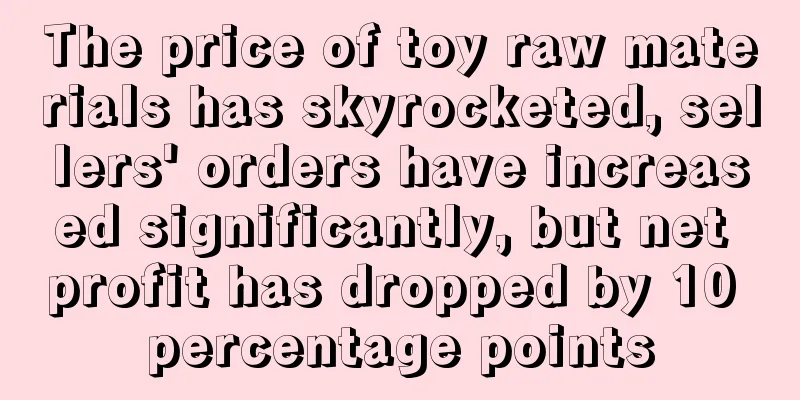Are Amazon FBA restrictions killing new product launches?

|
Amazon FBA restrictions have always been a headache for many sellers. From the initial ASIN restrictions, to the subsequent storage capacity restrictions, to this year's maximum shipping quantity restrictions, all of these show that Amazon's storage space is not unlimited.
However, even with these restrictions, many sellers still achieved good results on Amazon, and some sellers were able to achieve 400-500 orders per day and tens of thousands of dollars in sales within 3 months. From this point of view, the restrictions of Amazon FBA have not stifled the launch of new products. From another perspective, it may be helpful to the launch of new products.
Just a few years ago, FBA was the ultimate fulfillment solution: open to everyone, pay-as-you-go, and infinitely scalable. Getting inventory into FBA is like getting data into the cloud. You just ship it to Amazon and don’t need to worry about what happens next. Everything is handled for you.
Is this honeymoon of unlimited storage really over? It turns out that warehouse space is not unlimited, and if Amazon doesn’t take action, it will be very detrimental to its business. There are already enough products on the Amazon platform, and they need to eliminate some non-premium products to make room for some good products. So Amazon introduced peak season storage fees, long-term storage fees, IPI-driven storage restrictions, ASIN level restrictions, and processing delays of several weeks. Of course, the epidemic has also had some impact on this.
After the elimination of non-quality products, new opportunities for new product launches have been created, both in terms of ranking and storage space. This year’s account suspension wave has caused many big sellers to lose many accounts overnight, which has freed up some positions for other sellers to some extent. However, how to grab these hot spots requires the sellers to show their skills.
It is not difficult to see from these policies introduced by Amazon that the boutique model may be more likely to enable sellers to gain a foothold on Amazon. Whether it is new sellers entering the market or old sellers launching new products, the requirements for the products themselves are getting higher and higher. Amazon FBA New arrivals |
>>: Amazon Europe’s new policy! Sellers need to provide this information
Recommend
With over 2.4 million views on TikTok, the once popular "weird toys" are becoming popular again!
Are “weird” toys popular again? Recently, a very ...
What is Gubangke Cross-border Incubation Center? Gubangke Cross-border Incubation Center Review, Features
Gubangke Cross-border Incubation Center (Foshan G...
SHEIN platform sellers set off a boom in this "Black Friday" and achieved a sharp increase in overseas sales
Since last week, the official "Black Friday&...
What is 旭日嘉辉? 旭日嘉辉Review, Features
Sunrise Jiahui (Ningbo Sunrise Jiahui Supply Chain...
What is Kurun Data? Kurun Data Review, Features
Kurun Data provides consumer insights designed to ...
The enthusiasm for opening new accounts has dropped sharply! Amazon sellers say it is "difficult to do"
After the beginning of the year, the Amazon indus...
What is Tracker M? Tracker M Review, Features
Tracker M is one of the operating tools promoted b...
“Buy now, pay later” is attracting a large number of African consumers
Affected by the epidemic, at a time when global e...
Poland's Allegro platform launches special plan for fashion brands to attract sellers
According to foreign media reports, Poland's ...
What is LGS? LGS Review, Features
LGS (Lazada Global Shipping) is a global logistic...
What is AZLabels
AZLabels is a browser-based Amazon plugin tool th...
What is ZoodPay? ZoodPay Review, Features
ZoodPay is a Swiss-based digital lending platform...
What is Estafeta? Estafeta Review, Features
Estafeta is a Mexican logistics solutions provider...
Indian milk tea culture is popular, sellers of these products can pay more attention
In recent years, internet-famous milk teas such a...
Orders from the beginning of the year are scheduled to arrive at the end of the year. Winter sports merchants on Alibaba International Station are experiencing a boom period
Gu Ailing and Su Yiming won the championship in t...









